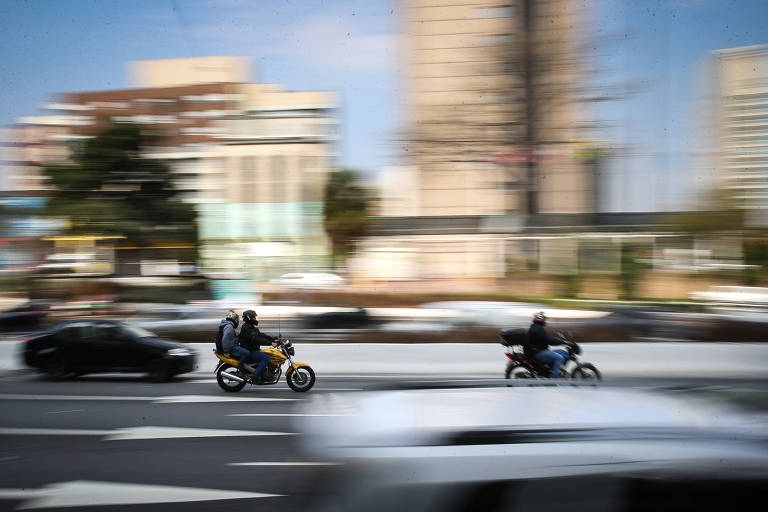A popular, controversial Colombian moto-taxi application is making inroads in São Paulo, even though the city banned commercial motorbike transportation last year. More than 200,000 riders use the Picap Colombian moto-taxi app in Colombia, and now it's operating illegally in São Paulo.
Given the significant number of motorbike traffic deaths, the mode of transportation has gained a negative reputation in debates on transportation policy.
The São Paulo government is concerned about the spread of moto freight applications (Uber Eats, Rappi, Loggi), especially since accidents involving motorcycles are surging.
Available for download on the Google Play (Android) and App Store (Apple) platforms, Picap has an interface similar to that of car-transport applications like Uber. With just a month since it debuted in São Paulo, the app still has a small number of active drivers.
Councilman Adilson Amadeu, author of the law that banned moto taxis in the city, (PTB) sees a "foretold tragedy."
"It's a snowball, it starts out of nowhere, and soon people start to feel positive going faster, traffic is slow, and soon there will be no more control." And then who pays the bill is the county when the motorcyclist and passenger have an accident," said Amadeu, who says that he will attempt to prevent the operation of the Picap.
Rapid and unmanageable growth has occurred in Colombia, where Picap has been running since 2016.
Through its press office, the Picap says that its legal understanding is in line with judicial decisions that classify as unconstitutional the prohibition of motorcycle service by municipal executives.
"A municipal decree can not contradict a federal law [the one of 2009], but only to define the rules for its execution."
Regarding legal disputes in Colombia, he says that the application is not "illegal," since the company "pays taxes, is legally incorporated and the economic activities it provides are regulated."
Translated by Kiratiana Freelon
